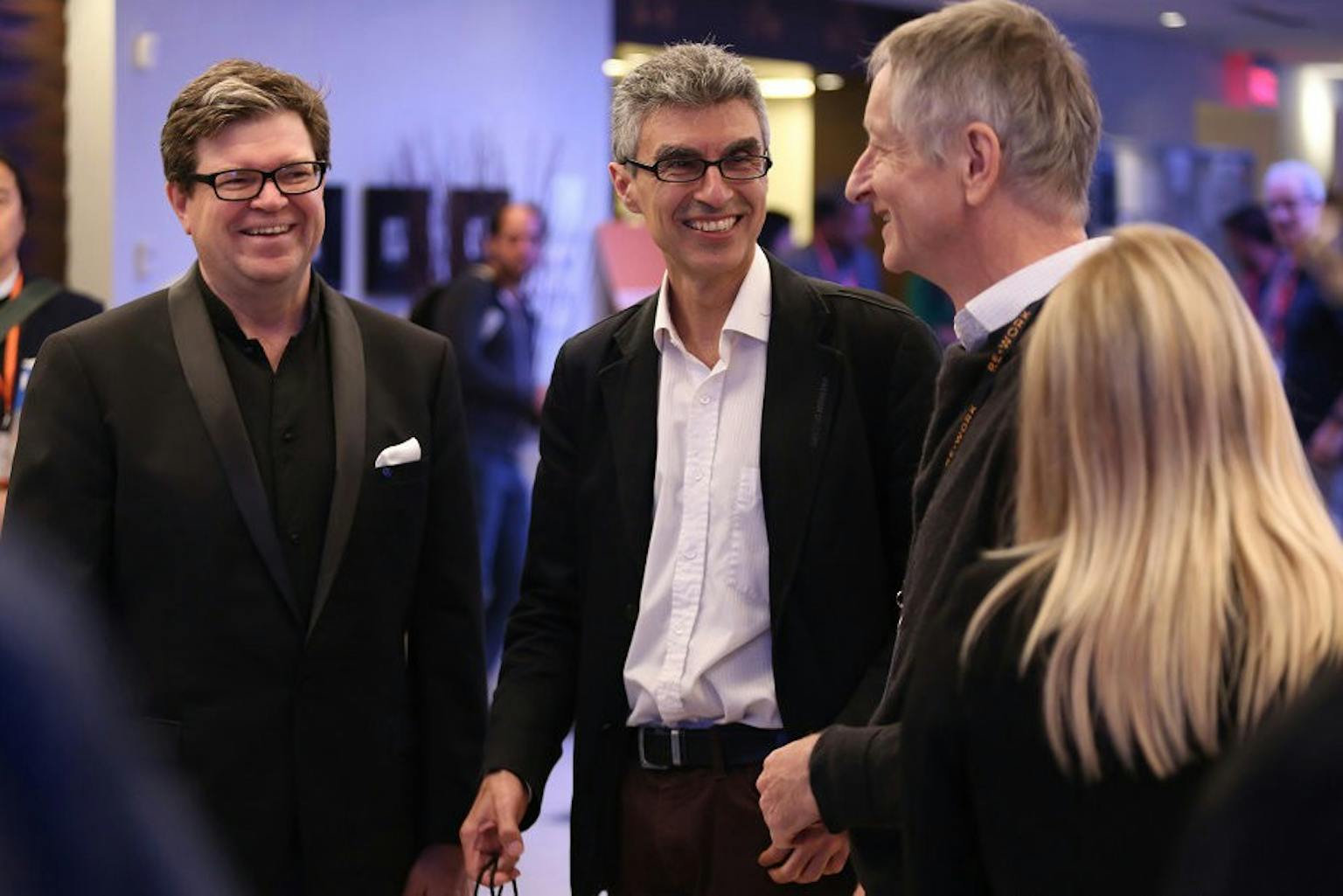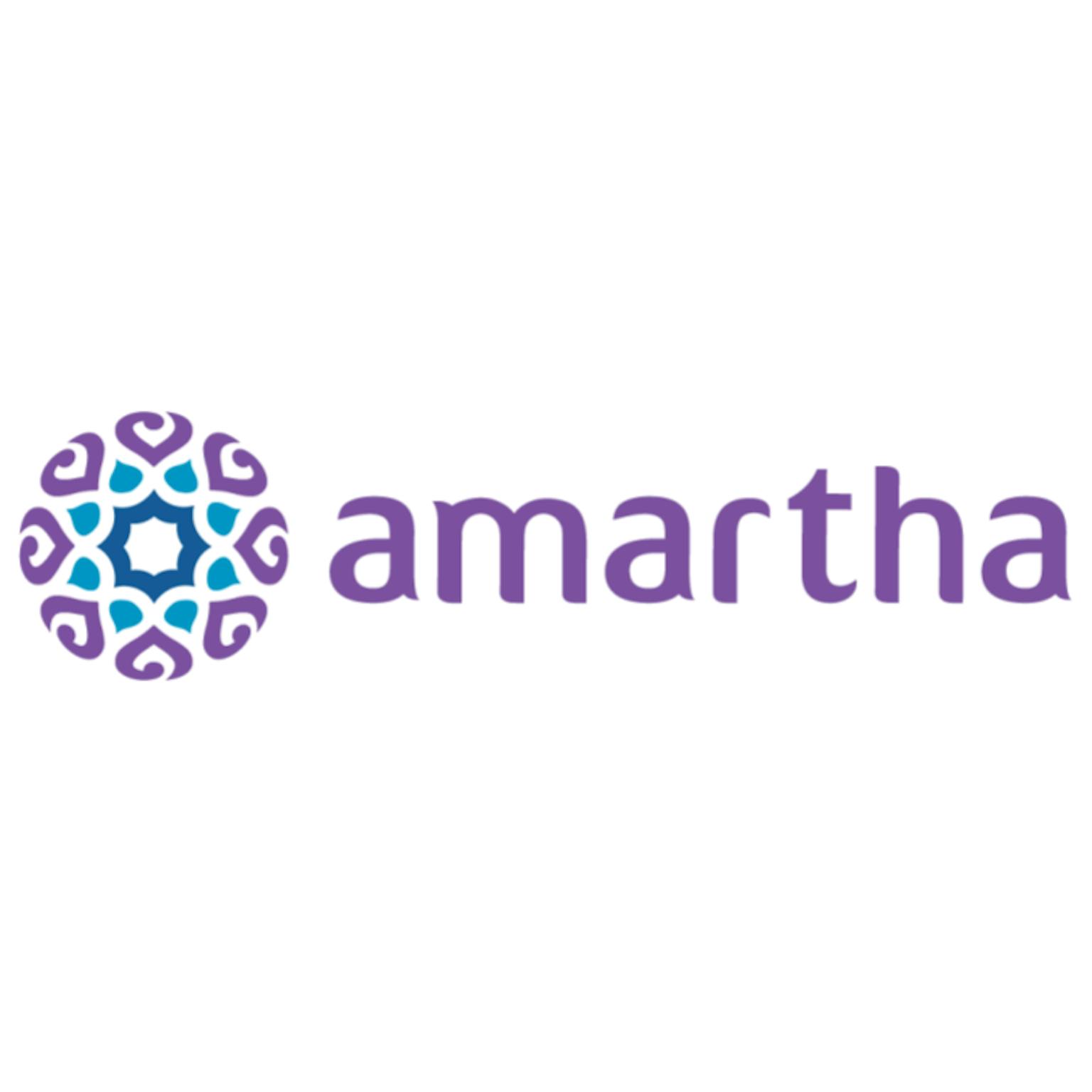March 27, 2019
Yann LeCun Receives Turing Award

Element's co-founder, Yann LeCun, has received the Turing Award - the highest distinction in computer science - for his scientific achievements in developing the modern field of artificial intelligence. Even greater than this honor is the extraordinary person behind the breakthroughs. Thank you and congratulations, Yann!
"Deep neural networks are responsible for some of the greatest advances in modern computer science, helping make substantial progress on long-standing problems in computer vision, speech recognition, and natural language understanding. At the heart of this progress are fundamental techniques developed starting more than 30 years ago by this year's Turing Award winners, Yoshua Bengio, Geoffrey Hinton, and Yann LeCun. By dramatically improving the ability of computers to make sense of the world, deep neural networks are changing not just the field of computing, but nearly every field of science and human endeavor." - Jeff Dean, Google Senior Fellow and SVP, Google AI
"Artificial intelligence is now one of the fastest-growing areas in all of science and one of the most talked-about topics in society. The growth of and interest in AI is due, in no small part, to the recent advances in deep learning for which Bengio, Hinton and LeCun laid the foundation. These technologies are used by billions of people. Anyone who has a smartphone in their pocket can tangibly experience advances in natural language processing and computer vision that were not possible just 10 years ago. In addition to the products we use every day, new advances in deep learning have given scientists powerful new tools—in areas ranging from medicine, to astronomy, to materials science." - Cherri M. Pancake, ACM PResident

Yann LeCun's Select Technical Accomplishments (ACM)
Convolutional Neural Networks: In the 1980s, LeCun developed convolutional neural networks, a foundational principle in the field, which, among other advantages, have been essential in making deep learning more efficient. In the late 1980s, while working at the University of Toronto and Bell Labs, LeCun was the first to train a convolutional neural network system on images of handwritten digits. Today, convolutional neural networks are an industry standard in computer vision, as well as in speech recognition, speech synthesis, image synthesis, and natural language processing. They are used in a wide variety of applications, including autonomous driving, medical image analysis, voice-activated assistants, and information filtering.
Improving Backpropogration Algorithms: LeCun proposed an early version of the backpropagation algorithm (backprop), and gave a clean derivation of it based on variational principles. His work to speed up backpropagation algorithms included describing two simple methods to accelerate learning time.
Broadening the Vision of Neural Networks: LeCun is also credited with developing a broader vision for neural networks as a computational model for a wide range of tasks, introducing in early work a number of concepts now fundamental in AI. For example, in the context of recognizing images, he studied how hierarchical feature representation can be learned in neural networks—a concept that is now routinely used in many recognition tasks. Together with Léon Bottou, he proposed the idea, used in every modern deep learning software, that learning systems can be built as complex networks of modules where backpropagation is performed through automatic differentiation. They also proposed deep learning architectures that can manipulate structured data, such as graphs.
Read more at:
A.M. Turing Award: Fathers of the Deep Learning Revolution Receive ACM A.M. Turing Award
New York Times: Turing Award Won by 3 Pioneers in Artificial Intelligence
The Verge: 'Godfathers of AI' honored with Turing Award, the Nobel Prize of computing




